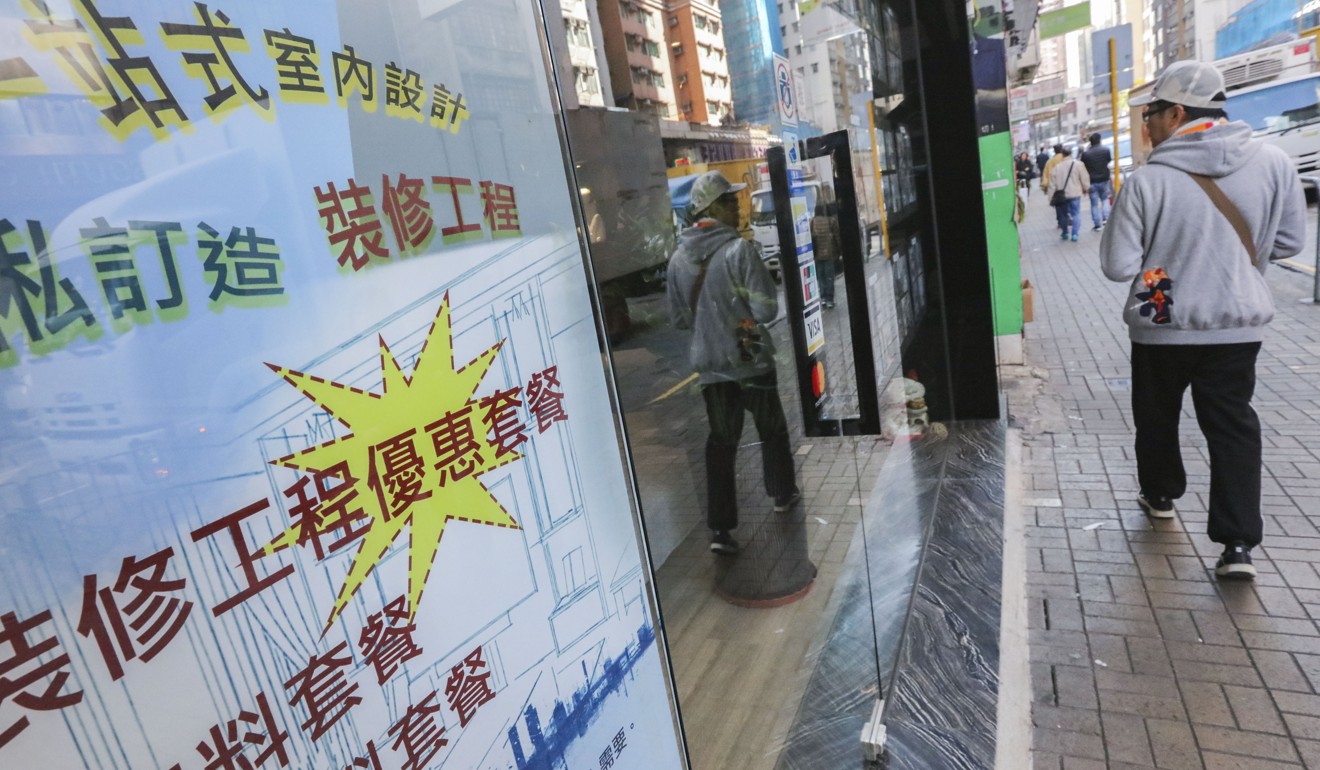
Should Hongkongers become more international?
Hong Kong was made great by a wide variety of races, many fleeing from oppression, and all moving to opportunity
The phrase “Made in Hong Kong” gave me a sense of pride when I was growing up in the 1960s and 1970s. It demonstrated that we were a place where people placed their name around the world through hungry ambition, hard work and by using their initiative. We had no help from outside – we were a people of the world. We were Big Hong Kong. Why have we gone into reverse?
In those days, everybody spoke English - even the old amahs, many of whom had never learned to read. They used an exact Pidgin English and there was never confusion.
In high Hong Kong government circles it seems to be an embarrassment to speak English. One senior minister with international responsibilities who spoke in English last week (a rare thing in itself) wouldn’t even have earned a red stripe as a 1970s policeman (the sign of linguistic skill). Leaders all over the world speak good English. Why are we becoming so provincial?
We have some natural challenges. I asked for advice about which Chinese language to teach my Hong Kong-born Chinese grandson. Most people recommended Mandarin. That is very chilling for Cantonese, which is much older than the Beijing – area upstart but Mandarin is the lingua franca for the next generation to master. Yet if my grandson wants a good job he must also speak good English.
We’ve also slipped in our attitude to race with the Race Discrimination Ordinance being largely ignored. I was struck by my colleague, Luisa Tam’s excellent column this week about racism in Hong Kong. Yes, Hong Kong is 94 per cent Cantonese but that is no excuse for an unacceptable “us” and “them” racial bias. Hong Kong filmmaker Tammy Cheung who documents Hong Kong life noted: “I have seen Hong Kong people demand that a Filipino woman give up her seat for them on a bus.”
Hong Kong cannot develop as an international centre without diversity of talent. We need foreign experts in many areas – even in areas that can be filled with local skills, as we have zero unemployment. We have very few affordable nurseries, schools, special needs centres and old people’s homes for non-Chinese speaking people.

The negative comments to my columns are invariably racist. I have been called an expat, a gweilo, and someone who should go back to his own country. One said that I was a rich banker sitting on his Mid Levels balcony drinking a gin and tonic. I wish. For some it is just easier to call me a “white monkey”.
These Hongkongers are very brave writing on their laptops alone but it doesn’t penetrate their minds that I am more Hong Kong than they are – and (facial features aside) more Chinese. Better still I have travelled and worked all over the world – so bring me some real counter arguments and shut the racist slurs.
Hong Kong also raised its head when Executive Council convenor Bernard Chan wrung his hands at a Rotary Club lunch about how hard it was to groom political talent in Hong Kong – a swipe at new and (probably) temporary Secretary for Justice Teresa Cheng. It seems that the problem is that no one wants to give up their foreign passports – and why should they in an international business city? Hong Kong was made great by a wide variety of races, many fleeing from oppression, and all moving to opportunity. We will lose our character if we slip back to become a small provincial city in China … or maybe that’s the point?

Unfortunately, the only international comment this week from Chief Executive Carrie Lam, was criticising with great passion an obscure UK group that dared to mention that the mainland is tightening its grip over Hong Kong. Firstly, the word “joint” in the Joint Declaration – means that uniquely even the British government has every right to comment (whether we agree or not). Secondly, the group is led by Paddy Ashdown who has about as much experience of Hong Kong as I have of Morocco.
It is an inconsequential report from an obscure think tank that can be safely ignored. If only Carrie put half as much effort into keeping one of the world’s freest and most global economies free and global, by giving for instance more visas to overseas consultants to improve our systems, or to strongly encourage the standard of soft business skills like English – she would find a new angle to enhance Hong Kong’s prosperity.
Richard Harris is an investment manager, banker, writer and broadcaster – and financial expert witness at Port Shelter Investment Management

